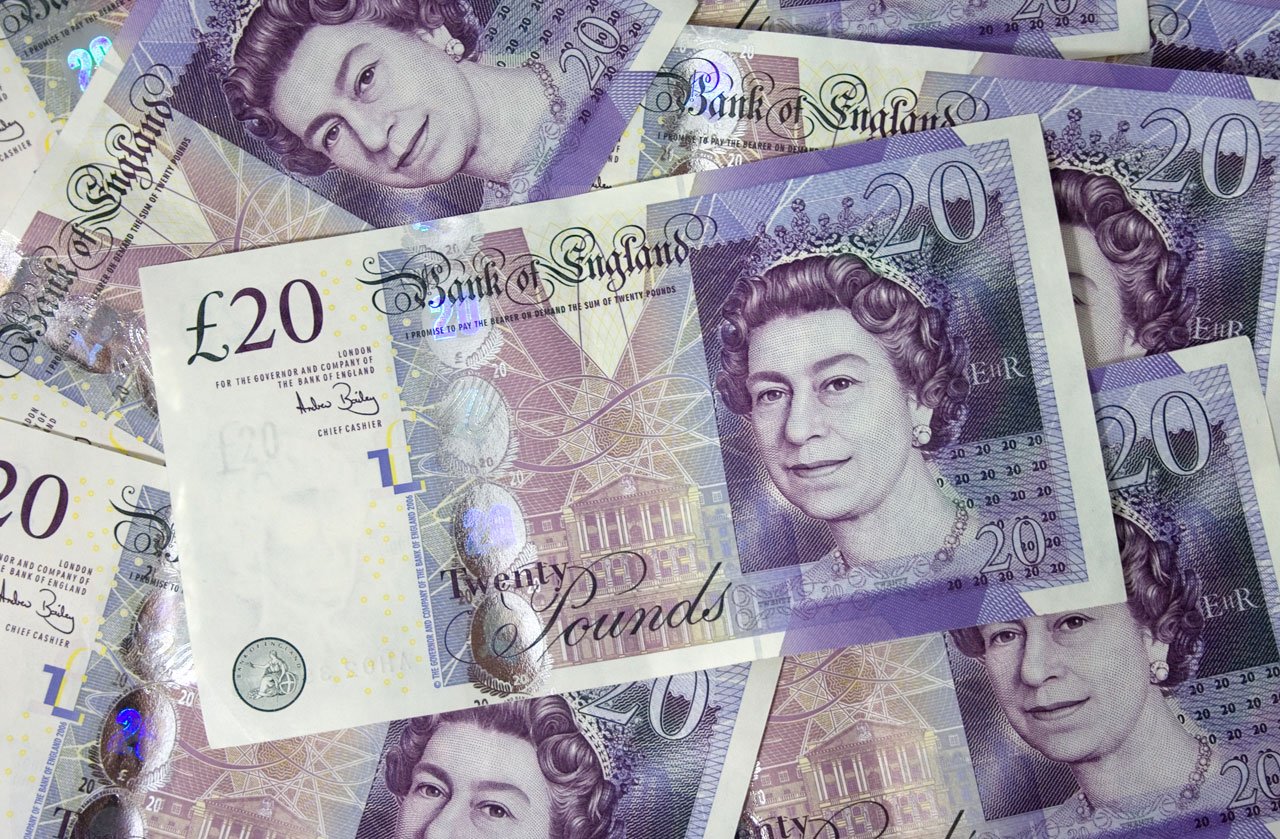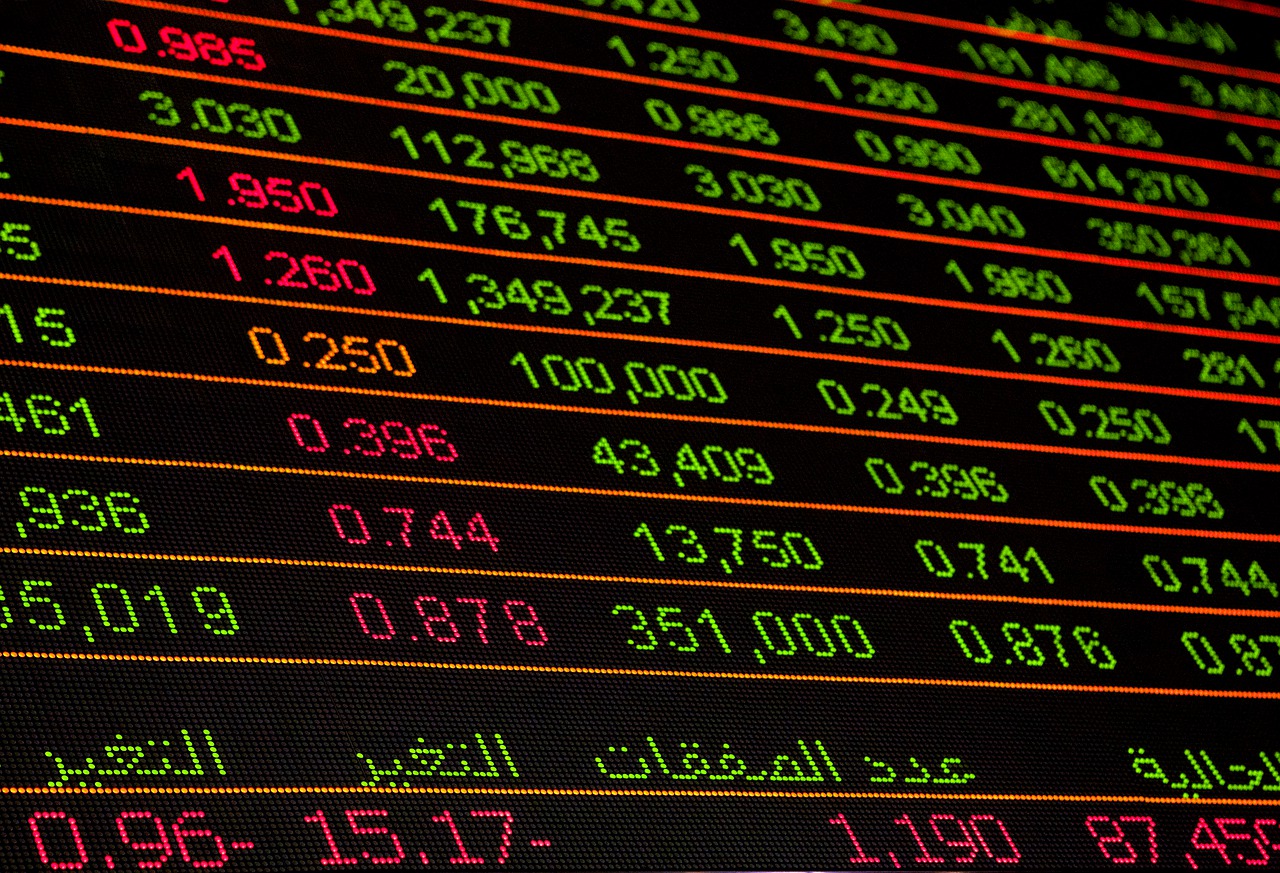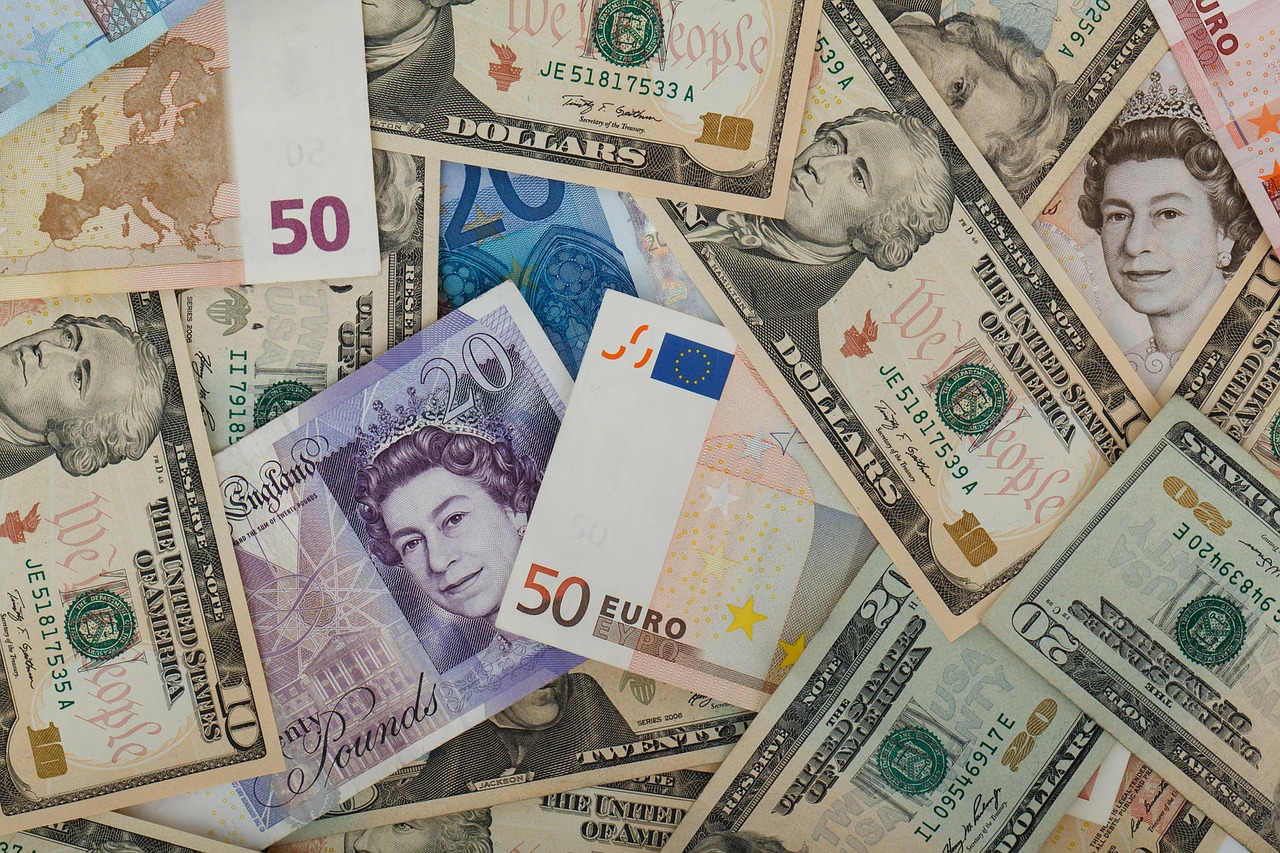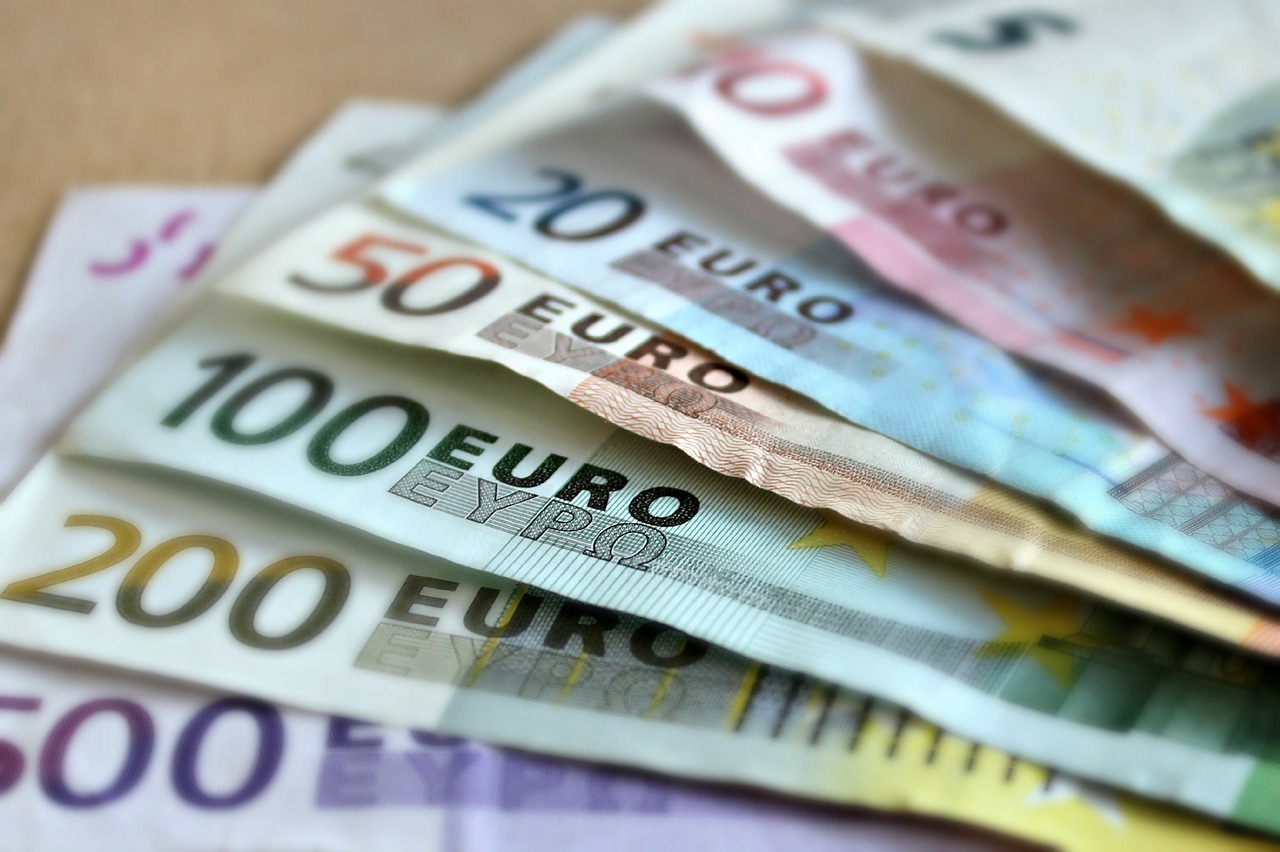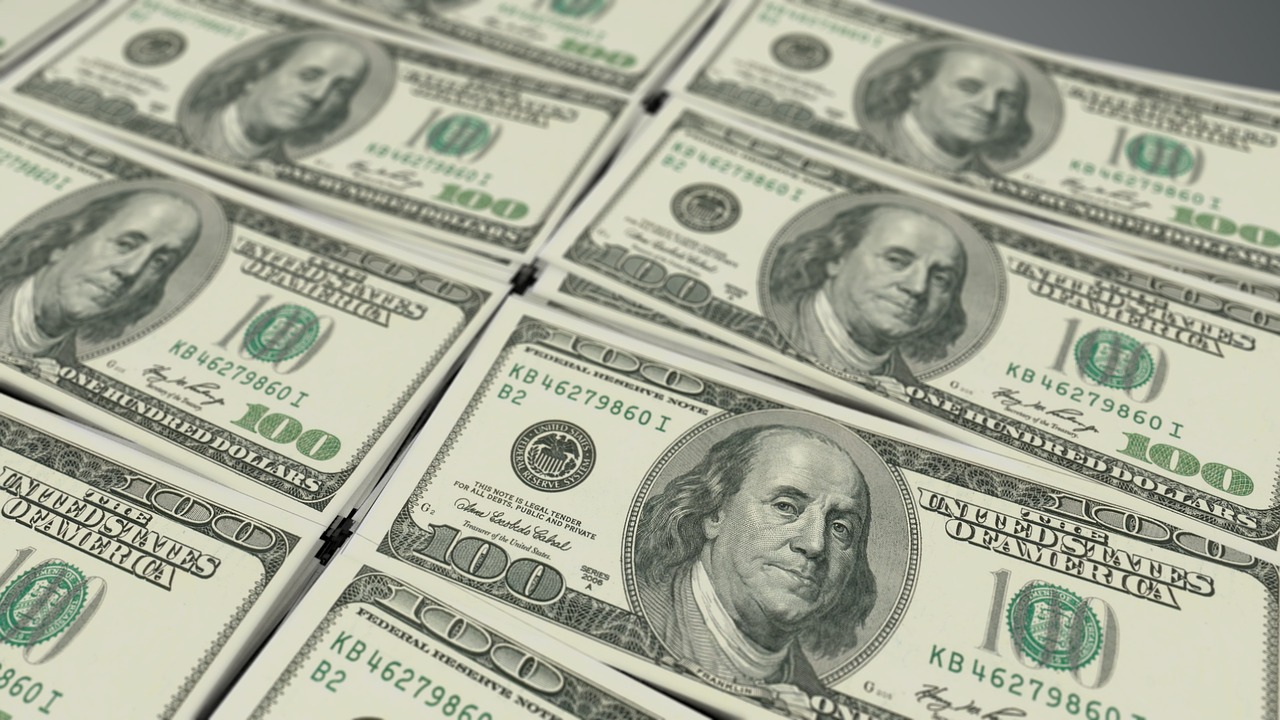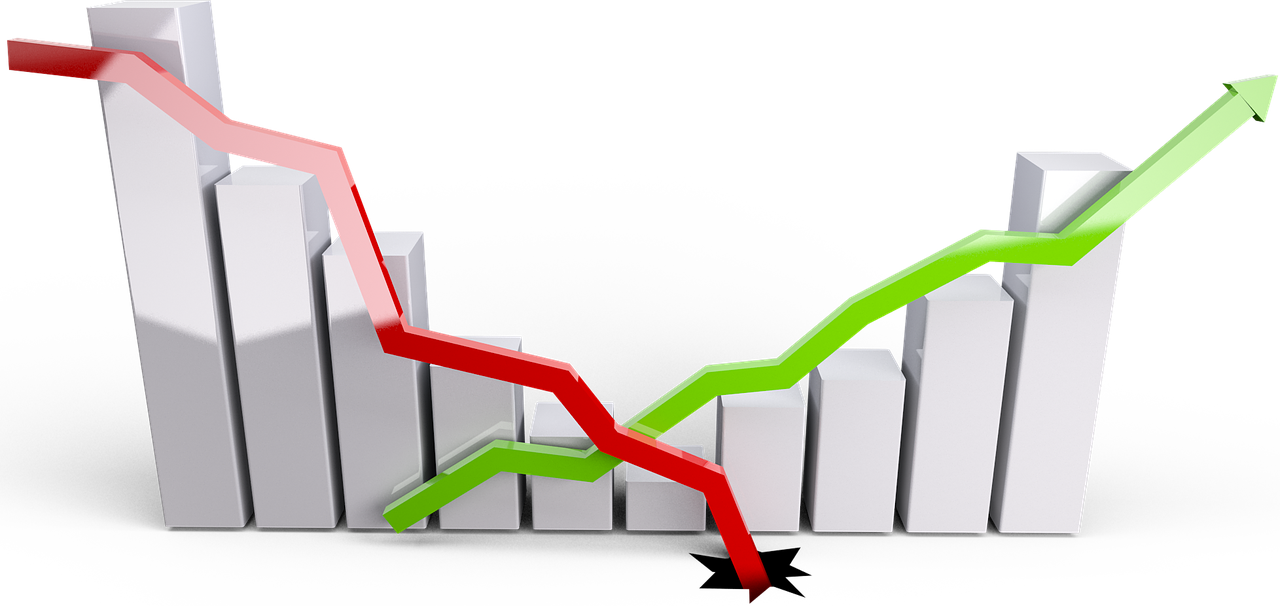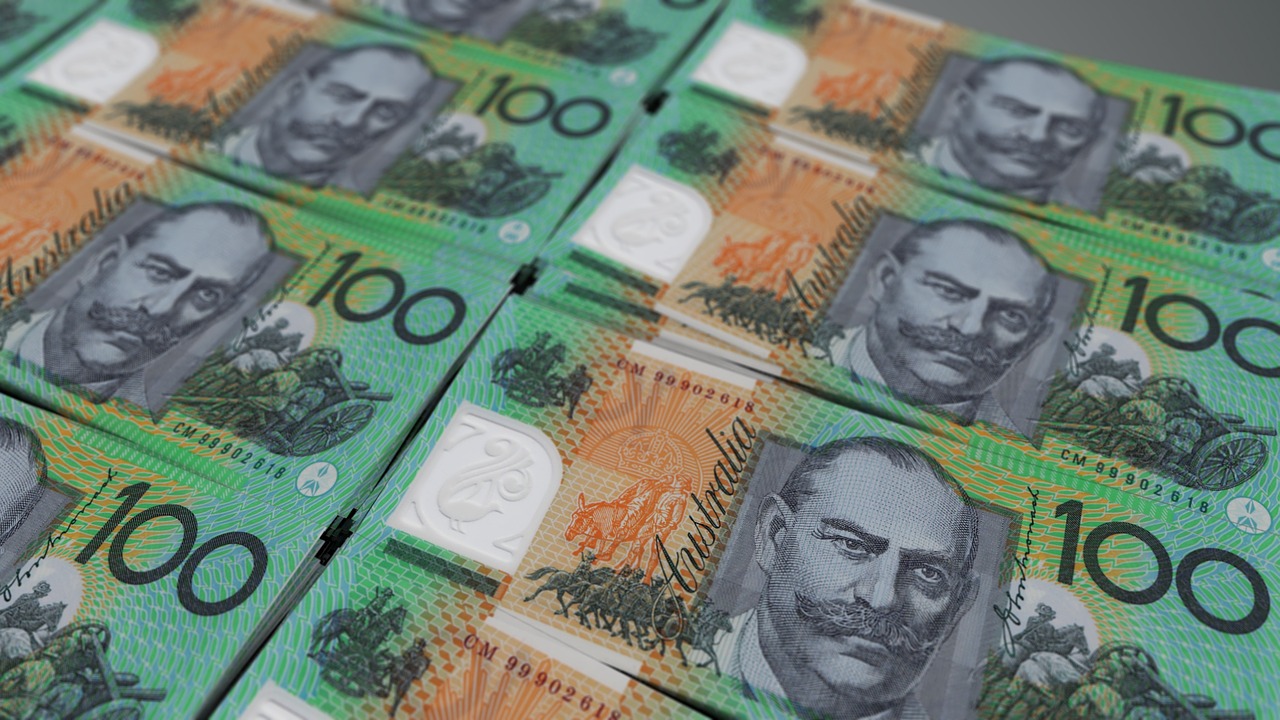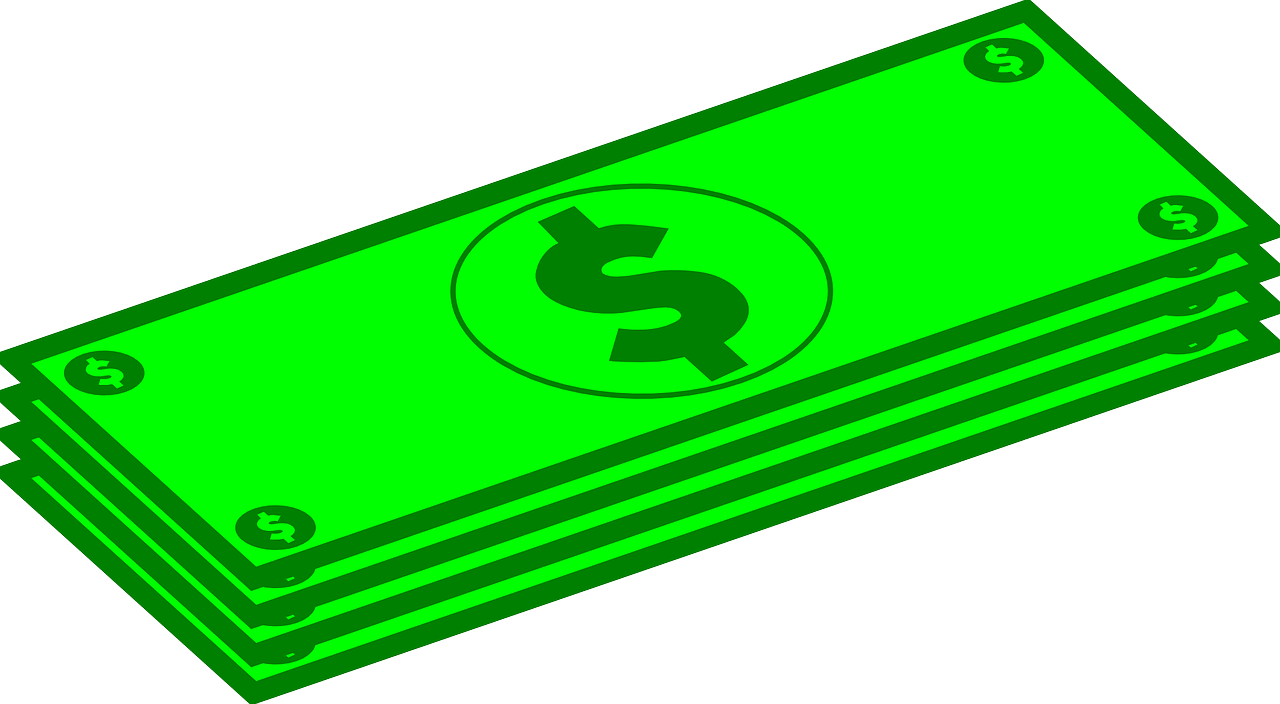Sterling Weaker as Compared to Euro, with Brexit Maintaining Focus
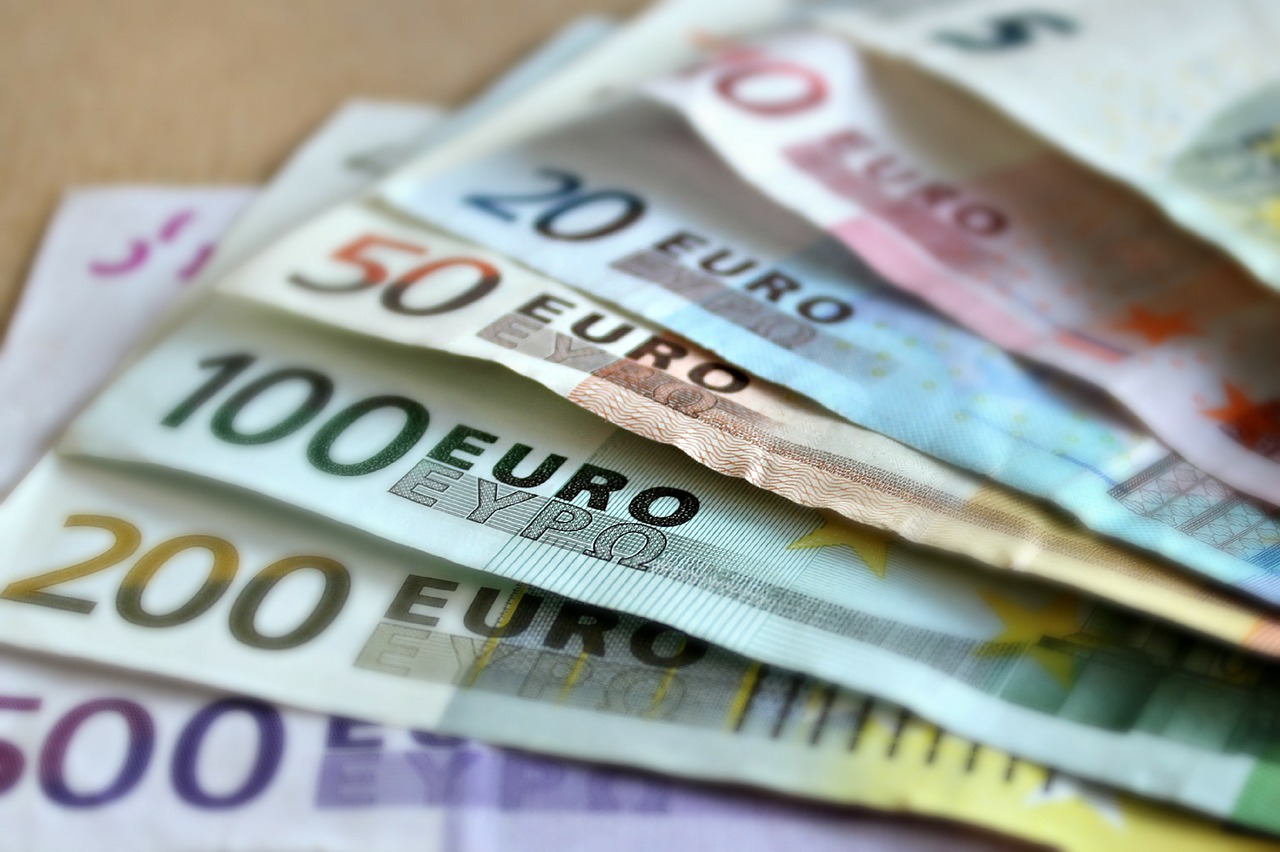
On Monday, the sterling declined against the euro, even if it wasn’t by much. According to most analysts, they are now expecting the European Union and Britain to meet the deadline of the transition and soon put together a Brexit deal. The sterling remained in neutral territory, as compared to the U.S. dollar. Boris Johnson, the British Prime Minister, and Ursula von der Leyen, the head of the EU’s executive spoke to each other via phone on Saturday. Both of them were in agreement about stepping up Brexit talks for closing the ‘significant gaps’ that were standing in the way of a new trade partnership.
According to both sides, there has been some progress, but they have not yet made a breakthrough. On Sunday, Johnson disclosed that he didn’t want the Brexit transition to come to an end without having a new trade deal. However, he does believe that Britain could still live with such a situation. According to analysts, the uncertain global backdrop has made it increasingly difficult for them to express how the currency has been affected by the Brexit process this year. Nonetheless, they added that the more idiosyncratic price action of the pound was quite encouraging, especially as the negotiation deadline is drawing nearer.
The pound strengthened against the euro to 87 pence and Goldman Sachs said that all those investors who believe that risk conditions are going to improve by the end of the year should think about expressing this in terms of cable (sterling/dollar). Doing so would also allow them to benefit from the depreciation of the dollar. It was highlighted by the derivatives market that traders have sought protection against future volatility of the pound by buying more. The cost associated with one-month options is at their highest level in sterling/dollar in the previous six months. This includes the time of a potential Brexit deal.
However, the cost of three-month options has declined, which suggests that investors are less concerned about the volatility of the pound by the end of the year, when the Brexit transition period would be over. It has also been reported by dealers that there is a growing demand for sterling call options, which allows them to benefit from any gains in the pound in the coming months. The pound was trading at $1.2943, 0.1% up versus the dollar, whereas it was at 90.80 pence against the euro, which is a decline of 0.3%.
In the last three months, the sterling has increased by 3.4% versus the dollar. The gains have remained rather marginal against the euro. Britain is currently dealing with an increase in coronavirus cases in the country. The number of cases recorded on Sunday was 22,961. On Monday, a program was launched by the government to help people who were left jobless by the COVID-19 pandemic in getting back to work. Traders will be keeping their eye out on the gross domestic product of August on Friday. On Tuesday, there is a construction PMI and Friday brings industrial production.


